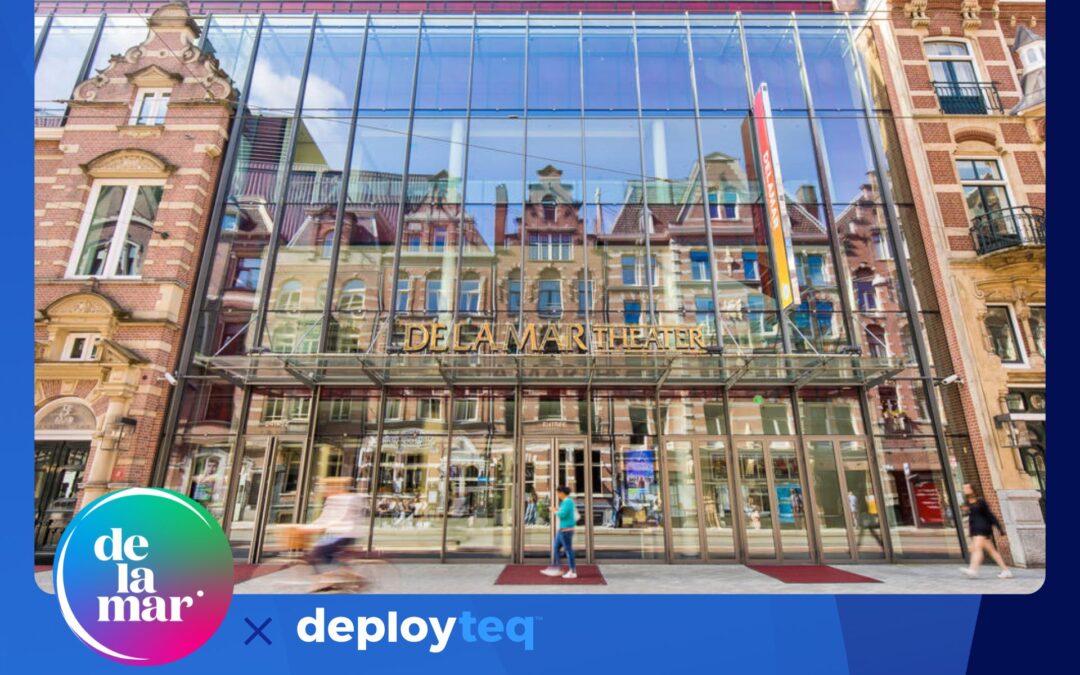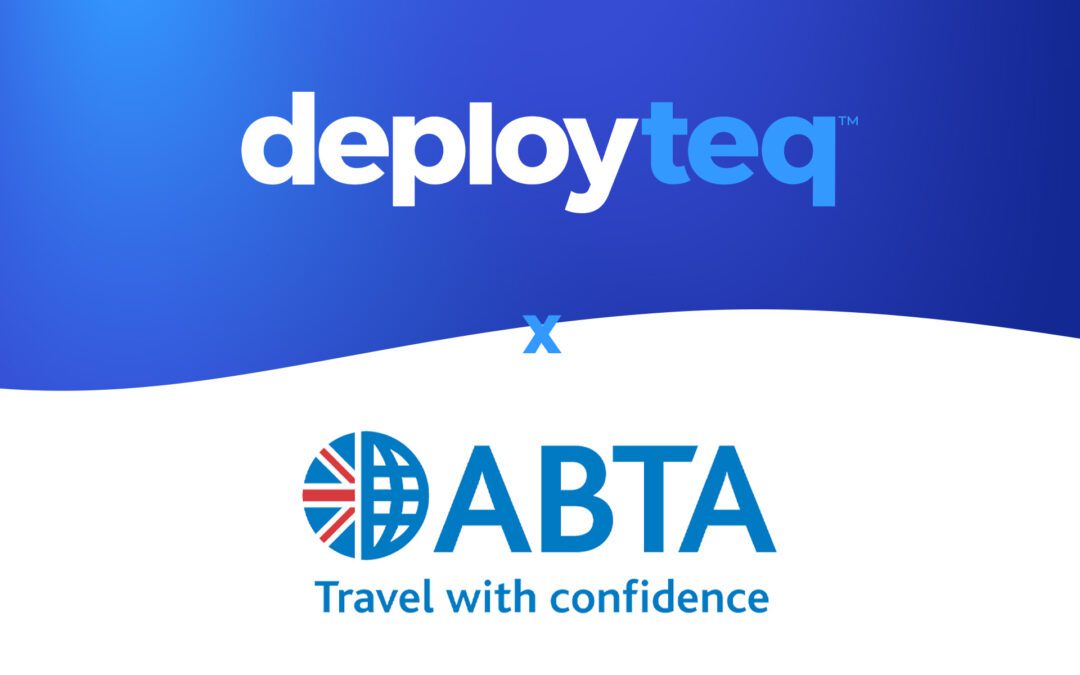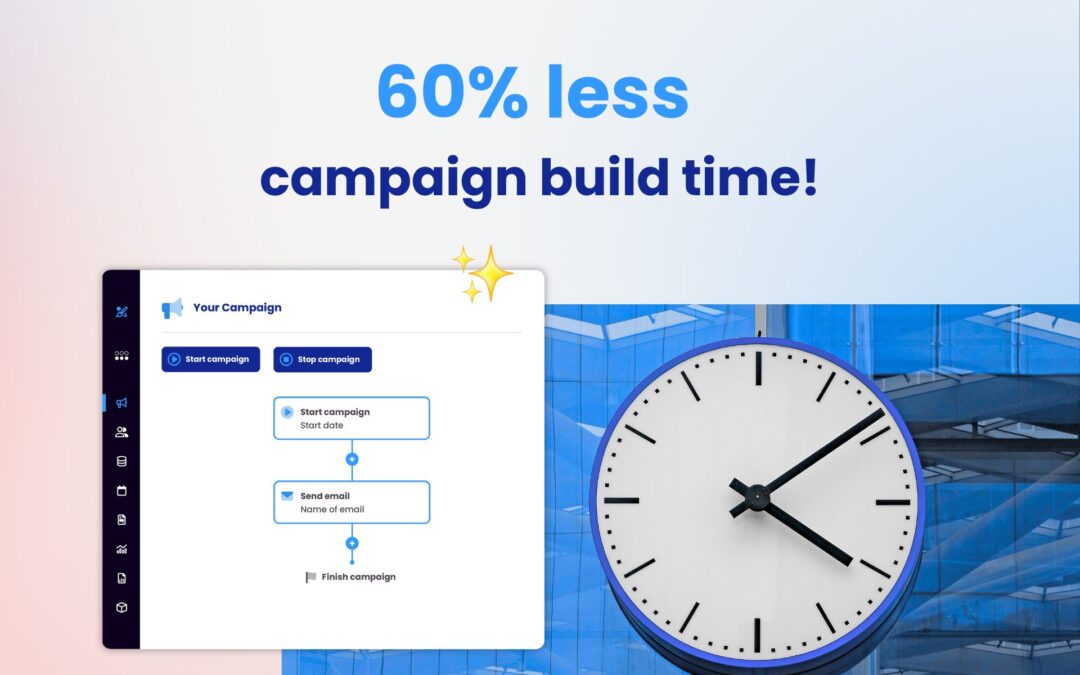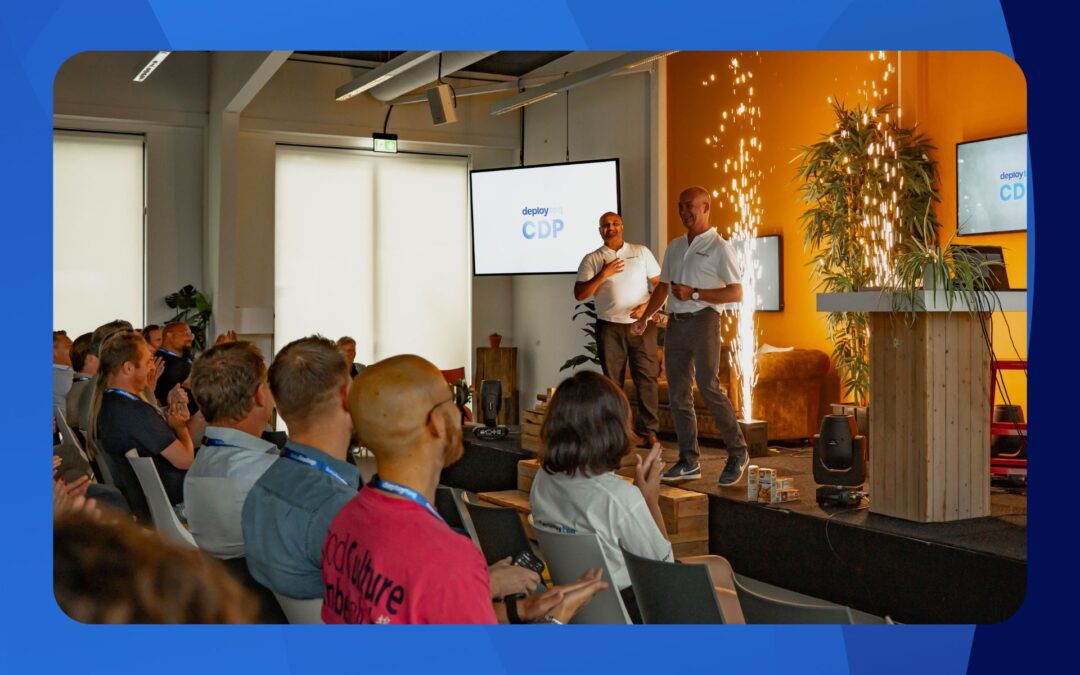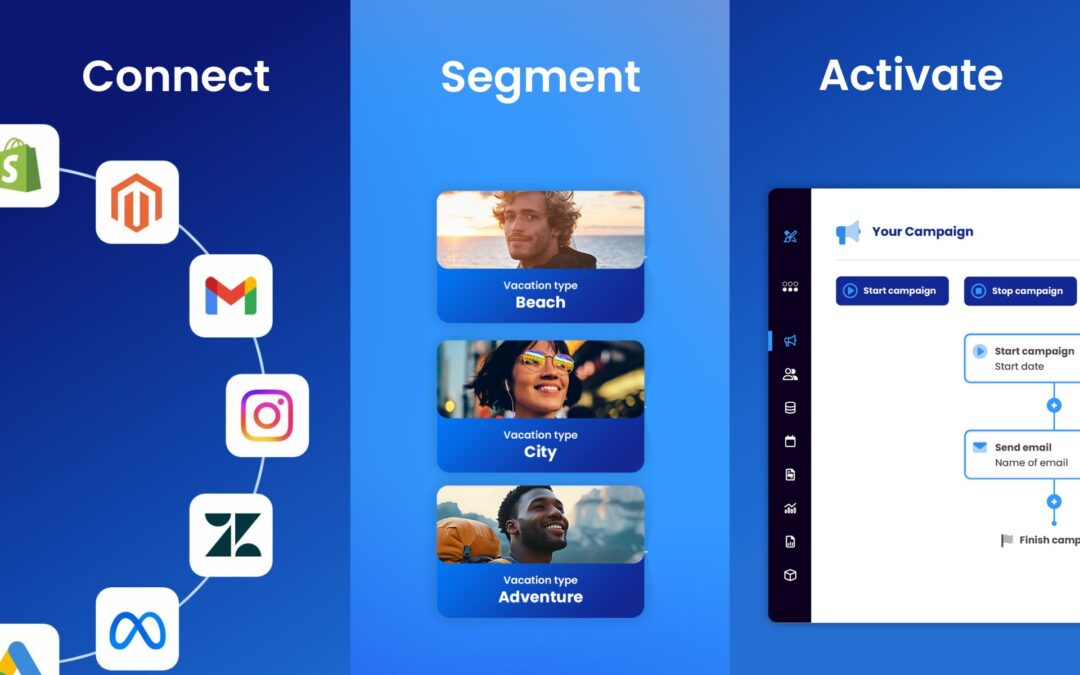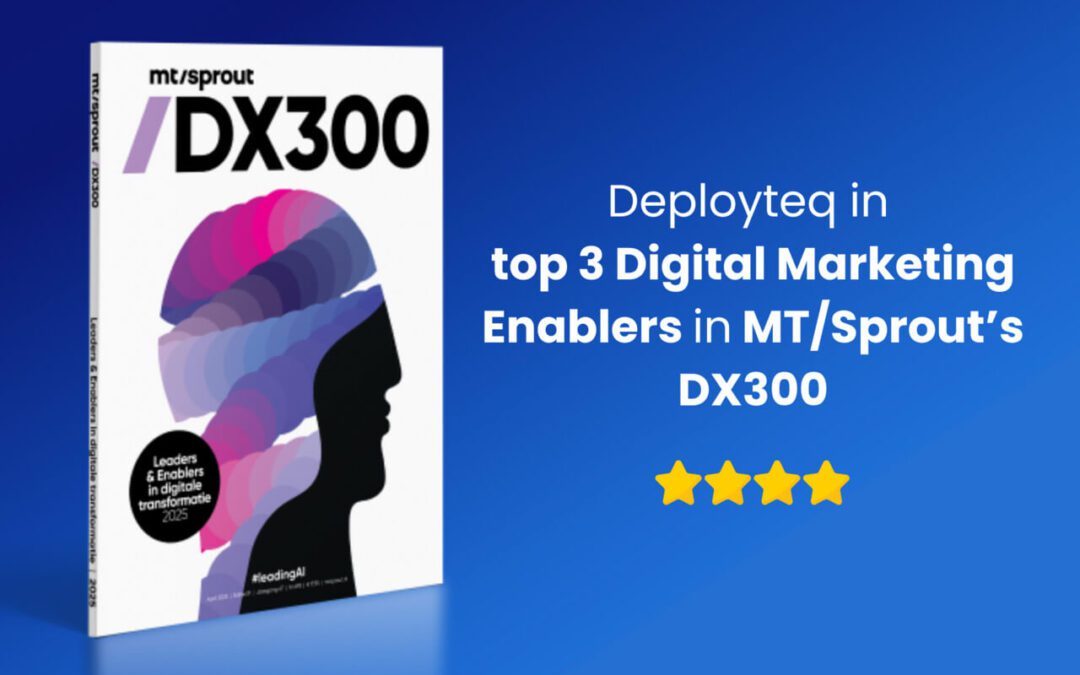In travel and attractions, the adoption of cutting-edge marketing automation platforms is no longer a luxury but a necessity. The platforms, powered by advanced technologies such as artificial intelligence and data analytics, are revolutionising how travel businesses interact with customers. They allow marketers to take a more personalised approach to customer engagement, optimise marketing campaigns for maximum impact, and significantly boost operational efficiency.
The transition to these modern systems is crucial for enhancing customer experiences, reducing costs, and making smarter, data-driven strategic choices. In an industry that’s constantly evolving with technological advancements, staying ahead means embracing these changes. Not only do they offer improved customer engagement, but they are also key to maintaining a competitive edge in the fast-paced travel sector.
This article delves into why your travel attractions business must evolve its marketing automation platform to thrive in today’s digital landscape. We certainly don’t want you to be left behind!
The evolving landscape of travel attractions marketing
Current trends in travel marketing are significantly shaped by personalisation and the increasing use of mobile platforms for bookings. Personalisation in travel marketing has become more than just a trend; it’s necessary for engaging modern travellers. Travellers now expect experiences tailored to their preferences, and businesses are leveraging data analytics to offer hyper-targeted recommendations and services.
Mobile booking trends are on the rise, with more customers preferring the convenience of booking their travel experiences through mobile devices. This shift towards mobile platforms is a critical area that tour operators and travel businesses must watch and adapt to, ensuring their services are easily accessible and optimised for mobile users.
Outdated marketing automation platforms can significantly hinder business growth in the travel industry. These older systems often need more flexibility and advanced capabilities to effectively implement personalisation and mobile optimization strategies. They may not efficiently handle the vast amounts of data needed for personalised marketing or fail to integrate seamlessly with mobile platforms, leading to a disjointed customer experience. As a result, businesses using outdated platforms risk falling behind in a highly competitive market, where personalised and mobile-friendly experiences are not just preferred but expected by customers.
To stay relevant and grow, travel businesses must invest in modern marketing automation tools that can adapt to these evolving trends and customer expectations.
Key features of modern marketing automation platforms
Modern marketing automation platforms are equipped with several key features that significantly enhance digital marketing strategies.
Lead Scoring
One of the primary features is lead scoring, which allows businesses to prioritise leads based on their engagement level and readiness to purchase. This system assigns scores to each lead, facilitating more focused and effective sales efforts.
Behaviour Tracking
Another essential feature is behaviour tracking, which monitors and analyses customer interactions with marketing content. This data is crucial for understanding customer preferences and behaviours, enabling more targeted and effective marketing strategies.
A/B Testing
Additionally, A/B testing is a vital component, allowing marketers to test different versions of their content to determine which performs better, thereby optimising their marketing efforts for better results.
Challenges in transitioning to a new platform
Adopting new technology often comes with a set of common concerns and challenges.
Resistance to change
One of the primary challenges is resistance to change, especially in sectors with a history of traditional practices, such as the hospitality and tourism industries. This resistance can stem from a lack of understanding of the new technology or fear of the unknown.
Implementation
Another significant challenge is the cost of implementation, which includes not only the initial investment in the technology itself but also the training required for staff to effectively use it.
Integrating with existing systems
Additionally, there’s the challenge of integrating new technology with existing systems. Ensuring compatibility and smooth interoperability can be complex and time-consuming. There’s also the concern of data security and privacy, particularly when adopting digital solutions that handle customer data.
Keeping up with changes
Finally, keeping up with the rapid pace of technological advancements can be daunting for businesses, as they need to continually adapt and update their systems to stay competitive.
How to choose the right marketing automation platform
It’s important to choose the correct marketing automation platform for your travel and attractions business – and ideally, you want to make the correct decision ahead of making a costly incorrect one.
Selecting the right marketing automation platform for a travel and attractions business involves several key considerations.
Identify your business’s specific needs
First, identify the specific needs of your business, such as customer segmentation, creating tailored offers, or managing travel packages. The platform should have the capability to handle these tasks efficiently.
Look for robust email marketing automation
Look for a platform that offers robust email marketing automation, as this is crucial for engaging with customers and personalising their experience. Ensure the platform can segment customers based on behavioural data like travel history and website interactions, which is vital for targeted marketing.
Allow for seamless integration
The platform should also integrate seamlessly with other digital tools and platforms used by your business. This integration is key to automating various marketing tasks and improving overall efficiency.
Ensure user friendliness
Additionally, consider the user-friendliness of the platform for your staff. It should be intuitive and not require extensive training to operate.
Assess scalability
Finally, assess the scalability of the platform. As your business grows, the platform should be able to accommodate increased demands and more complex marketing strategies. This ensures that your investment remains relevant and effective over time.
In the ever-evolving travel attractions industry, the integration of advanced marketing automation platforms is crucial. These platforms, utilising AI and data analytics, are transforming customer interactions by enabling personalised experiences and optimising marketing efforts, thereby boosting operational efficiency.
This change is essential for enhancing customer experiences, reducing costs, and facilitating data-driven decisions, ensuring competitiveness in the dynamic travel sector. Emphasising personalisation and mobile bookings, these platforms cater to modern travellers’ expectations for tailored experiences. Features like lead scoring, behaviour tracking, and A/B testing are integral for effective sales and marketing strategies.
When choosing a marketing automation platform, travel and attractions businesses should focus on specific needs, robust email marketing, seamless digital integration, user-friendliness, and scalability to support ongoing growth and adapt to market changes.
If you need a new marketing automation platform, we’re here to help. Why not book a demo to find out more about Deployteq and how our platform can help you transform your marketing?


